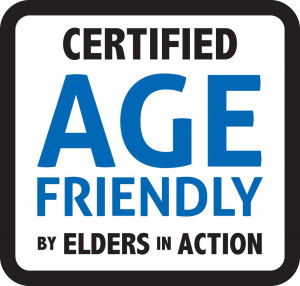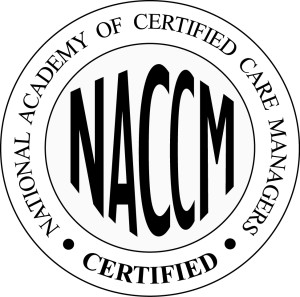Older adults wish to stay at home as long as they can and maintain their sense of worth and independence. In order to understand how to best support them, you will receive an in-depth synopsis from the perspective of a professional’s years of experience to create a road map for their future success.
Signs that your Elder Might Need Assistance
You might be caring for parents from long distance and when you are able to visit you are alarmed by what you see in their home. Perhaps there is paperwork and unopened mail strewn around the house, or there are piles of laundry that they haven’t been able to maintain. You might have opened the fridge and noticed that some of the food has been there beyond its expiration date.
You spend time with your older adult and realize that they complain that they are just tired and aren’t able to do what they were able to do before, perhaps they have bruises and admit to falling, or they just don’t seem as steady on their feet and are holding onto walls and furniture to get around.
You are concerned because when your older adult calls you at home sometimes they sound confused and aren’t able to track information as they once did. You wonder, are they taking their medication as they should be? You question; are they depressed, forgetful or are these the early stages of cognitive decline? When you ask your parents: Are the neighbors still stopping by to help and able to run your errands they shrug and brush off your concerns and you wonder are my parents getting the support that they need at home or are their support systems declining?
What In-Home Assessments Entail
An assessment typically takes 2 – 3 hours in the elder’s home. You can join us while we meet with your elder’s or we can conference you by phone if that is preferred before or after we meet at their home. We focus on the following areas to look at an individual’s whole life including:
- Physical Functioning – We do a full body assessment to get a picture of what is at risk and needs closer attention and the body systems that are functioning correctly.
- Social – We ask about their preferences and daily activities. We ask who is currently in their lives and providing assistance and support. We ask about who is no longer in their lives and why.
- Functional Capability – We want to know if your older adult is able to dress, groom, bathe, and toilet themselves, and if not, what specific assistance do they need in order to do so. Inability to be successful in these basic areas of care will impact other areas of their life, for example can they open medication bottles and take medication as directed?
- Emotional – We screen for depression and basic cognitive functioning. We ask about their overall mood and how it has changed, or not, over time.
- Home Environment – We walk through their home looking at any medical equipment in their home and what might put your elder at risk for safety in the future.
- Medication – We will ask for a full list of their current medications. We will review their Dr.’s order for all medication and what he/she is currently taking, their dosage and the time of day. If your older adult has just been discharged from a hospital and/or skilled nursing facility we will review their discharge instructions to compare what they are currently taking matches their recent instructions.
- Legal & Financial – We will ask for current legal documents that are in place. This might include a Durable Power of Attorney for Finances, a Healthcare Representative, a Living Will and/or a POLST Form. This is to ensure that anyone working with your older adult carries out their wishes to the fullest.
Aging Life Care Plan
We are certified to provide complete assessments of the client’s life, including their full life history, chronic and acute physical conditions, mental health and cognitive conditions, family dynamics, personality inventory and support systems, financial, legal and spiritual and develop a life care plan and recommendations that are specifically tailored to meet the older adults unique needs, wishes, hopes and desires. If you or your older adult are curious, what now, where do I go from here, where is my next move and/or how to we approach the next steps this all encompassing assessment can be helpful in addressing current questions and life goals with specific steps and interventions.



